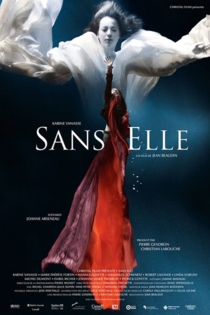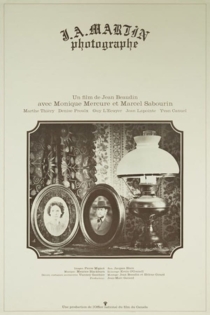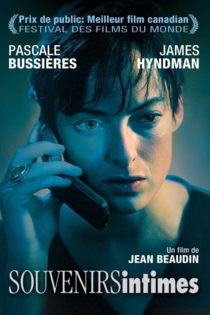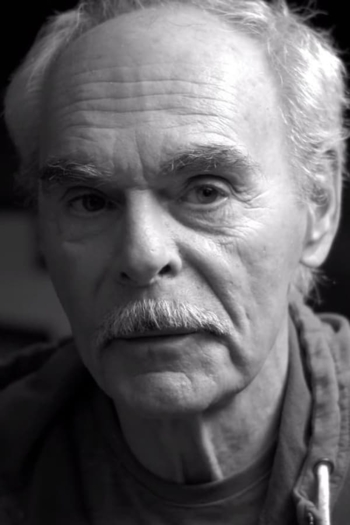
Jean Beaudin
1939 - 2019Jean Beaudin (6 February 1939 – 18 May 2019) was a Canadian film director and screenwriter. He has directed 20 films since 1969. His film J.A. Martin Photographer, was entered into the 1977 Cannes Film Festival, where Monique Mercure won the award for Best Actress. The film also won best Film, he won best Director, and Mercure won best Actress awards at the 1977 Canadian Film Awards. He was nominated (but did not win) for the Genie Award for Best Achievement in Direction in 1986, 1992, and 2003 for his films Le Matou, Being at Home with Claude, and Le collectionneur, respectively.
Actress Domini Blythe (1947-2010) was his partner of more than 20 years.
Description above from the Wikipedia article Jean Beaudin,licensed under CC-BY-SA, full list of contributors on Wikipedia.
Mario
Jean Beaudin
Xavier Norman Petermann, Francis Reddy
Set during summer in the Îles-de-la-Madeleine of Quebec, Mario and Simon are two brothers living in a fishing village with their mother, who runs a grocery story, and their father, who runs a fishing business. Mario is ten years old, mute and autistic. He is withdrawn from reality and living in a surreal world that only his older brother Simon and his stuffed coyote share. Mario is very close with and deeply admires his 18 year old brother, whom he depends upon for love and attention. Simon reads Arabian Knights stories to Mario, dresses him in sheik's clothing and they play out imaginary wars in an Arabian style fortress that they built. Everything changes when Helene, a beautiful young tourist comes between the two brothers. Simon falls in love and begins to neglect his brother to spend time with her. Mario feels rejected and discovers what hate and jealously are. He sets about a chain of events that lead to tragedy.
Mario
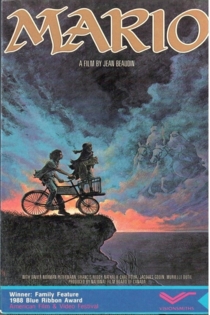
Being at Home with Claude
Jean Beaudin
Roy Dupuis, Jacques Godin
The relationship between lovers Yves and Claude comes to an abrupt conclusion when, as the couple are making love, Yves slices Claude's throat, killing him. After being taken into custody for his crime, the police inspector demands to know the reason behind Yves' actions. Yves then weaves the tale of his life with Claude, explaining the origins of their relationship and how it reached a point where murder was the only possible conclusion.
Being at Home with Claude
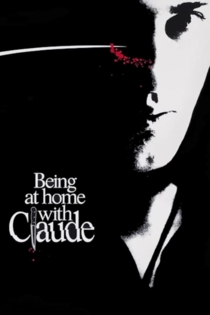
Cordélia
Jean Beaudin
Louise Portal, Gaston Lepage
In a little village at the end of the 1890's, a young woman offends all the 'right-thinking' villagers by allowing men in her house in the absence of her husband. When he is found dead, all of the suspicion is directed towards the liberal woman. She is judged more for her morality then for the crime she is accused of. Her culpability is still a subject of debate today.
Cordélia
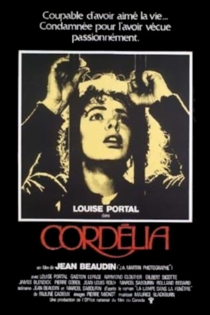
Jeux de la XXIème olympiade
Marcel Carrière, Jean-Claude Labrecque
Nadia Comăneci, João Carlos de Oliveira
Edited from almost 100 km of film footage shot during the Games, this feature documentary is a breathtaking portrait of the 1976 Montreal Olympics. Much more than a simple record of the Games, the film approaches each event with the intention of revealing the athlete - whether winner or loser - as a unique individual.
Games of the XXI Olympiad

Le matou
Jean Beaudin
Serge Dupire, Monique Spaziani
Florent Boissonneault and his young wife Elise always had one dream: own a restaurant. When they meet a strange old man, Egon Ratablavasky, their dream become reality, but only to quick turn into a nightmare when they sadly discover they had been tricked by him, and lost everything. But their dream is not dead, and a strong desire of avenging soon bring them back in business, with the help of an homeless kid, a french cook and a friendly journalist. But the old man still had trick on for them his bag...
The Alley Cat
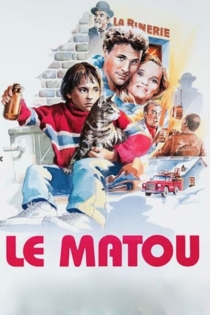
Le Collectionneur
Jean Beaudin
Luc Picard, Maude Guérin
The detective Maud Graham hides her sensibility behind the image of a strong and independant woman. She frequently offers her hospitality to a 16-year-old prostitute, Grégoire, a young man who became her friend. But when the teenager decides to invite a 12-year-old boy who is running away from home, Maud is near illegality. In addition, the detective has to deal with a serial killer who had already killed and mutilated many women. When she understands that the killer is very intelligent and organized, she elaborates a strategy to arrest him. There starts a dangerous game where the two teenagers that Graham is protecting will be implied. The killer is getting closer, revealing more and more of his madness.
The Collector
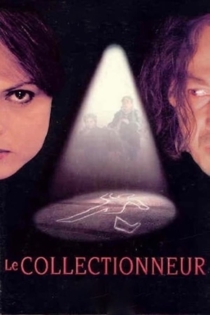
Vertige
Jean Beaudin
"Though its point is somewhat vague, it is both visually and sonically one of the most compelling exercises in the tradition of lysergic films of the 60s. Sympathetic but subtly critical, Vertige presents itself as a psychological portrait of the escape and/or contestation tactics of the decade's youth: while war, violence, famine and poverty continue to devastate the planet, these youngsters seek refuge in the hedonistic haven of sexual liberation, lysergic research and communal fictions. Richly textured visuals and bold scenic montage are some of the key elements in Vertige, but it is Serge Garant's fine contemporary soundtrack, and its intimate rapport with the scenic rhythms, that catapult the film beyond the conventions of psychedelic cinema. Famed as a pioneer of contemporary music in Canada, Garant provides am eclectic score that ranges from atonal symphonic exercises to psych-rock, concrète and electroacoustic soundscapes. Excerpted from The Sound of Eye blog
Vertige
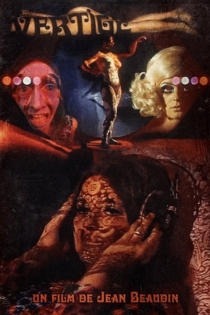
Sans elle
Jean Beaudin
Karine Vanasse, Marie-Thérèse Fortin
During a brief stay in Florence, Camille believes she's victim of an enormous flood. Urgently taken to a psychiatric hospital, she is diagnosed with the Stendhal Syndrome: a temporary psychological disorder well known to affect tourists who are too vulnerable to the beauty of art work. This disorder which is considered benign doesn't worry the medical staff who asks that she be sent back to her country. Back home, she has to come to terms with a tragedy she has wanted to flee: her mom had gone missing right before her departure. Convinced that she has to move on with her life for her mental sanity, Camille decides that it is time to accept the fact that her mother will never come back. But when she goes to Matane, the last place where her mother had been seen alive, Camille comes across many clues that will propel her into an emotional roller coaster.
Without Her
